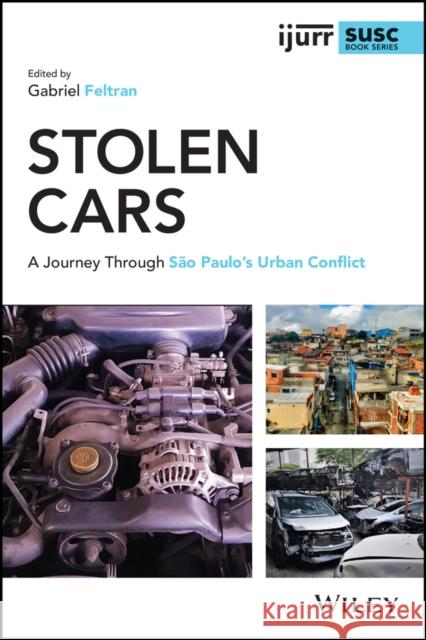Stolen Cars: A Journey Through São Paulo's Urban Conflict » książka
topmenu
Stolen Cars: A Journey Through São Paulo's Urban Conflict
ISBN-13: 9781119686118 / Angielski / Twarda / 2022 / 272 str.
Stolen Cars: A Journey Through São Paulo's Urban Conflict
ISBN-13: 9781119686118 / Angielski / Twarda / 2022 / 272 str.
cena 309,33
(netto: 294,60 VAT: 5%)
Najniższa cena z 30 dni: 305,55
(netto: 294,60 VAT: 5%)
Najniższa cena z 30 dni: 305,55
Termin realizacji zamówienia:
ok. 30 dni roboczych.
ok. 30 dni roboczych.
Darmowa dostawa!
Kategorie BISAC:
Wydawca:
Wiley
Seria wydawnicza:
Język:
Angielski
ISBN-13:
9781119686118
Rok wydania:
2022
Numer serii:
000990148
Ilość stron:
272
Waga:
0.52 kg
Wymiary:
22.86 x 15.24 x 1.6
Oprawa:
Twarda
Wolumenów:
01
Dodatkowe informacje:
Bibliografia











